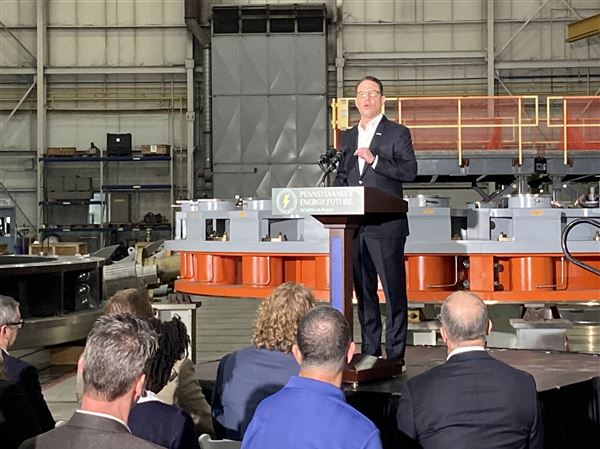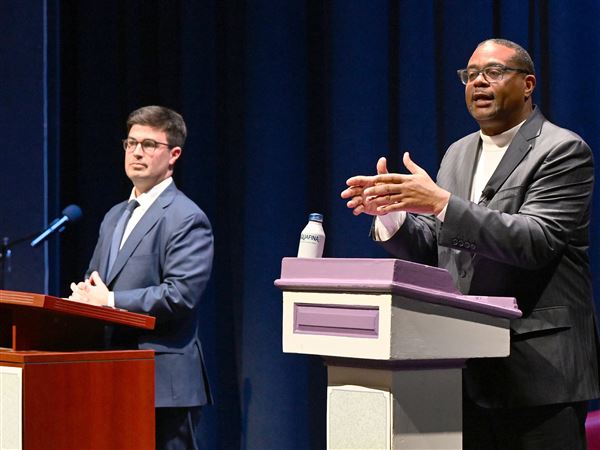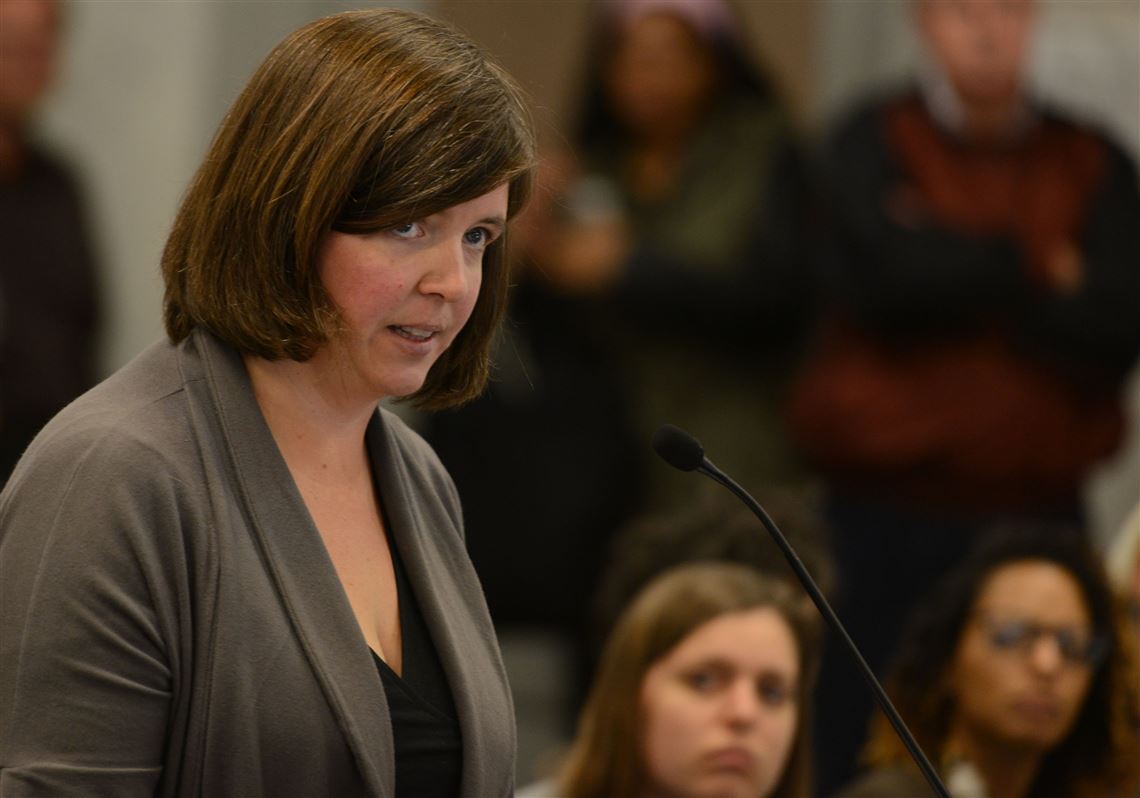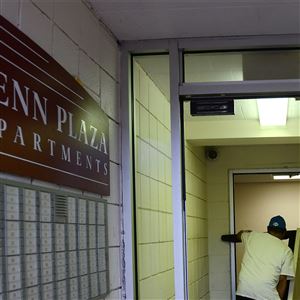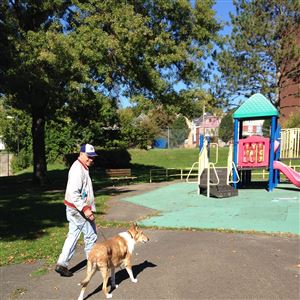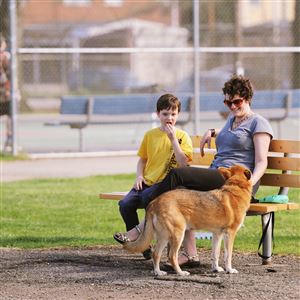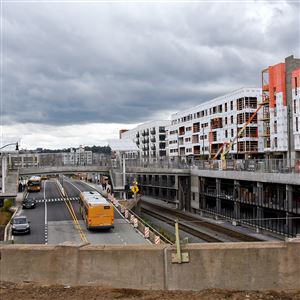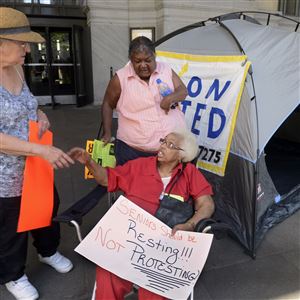The city Planning Commission voted Tuesday to rezone a 9-acre tract in the heart of East Liberty as a mixed-use planned unit development district to advance a deal the city reached with the owners of the Penn Plaza apartments last month.
The owners, Pennley Park South, agreed to pay for some moving expenses of about 200 households from two apartment buildings it owns and to provide funds for low-income housing to be built elsewhere in exchange for flexibility to use the entire site in a redevelopment.
The site includes 2.4-acre Enright Parklet, which the city has “put on the table” as leverage to provide open space concessions for the public, said Kevin Acklin, chief of staff to Mayor Bill Peduto. “The last thing we want to do is give up public leverage.”
But he said the most important part of the deal was for the benefit of the people who would be displaced from their apartments. Most are low-income.
More than 25 residents turned out, many to testify against rezoning the park with the other parcel.
“We bend over backward for developers in this city,” said Steve Quick, who lives nearby. “Now that our parks are for sale, I suggest the city sell part of Schenley Park or Highland Park to a developer who wants a subsidy.”
The rezoning vote did nothing to advance a sale of the park, but the city in September said the sale of the park at market rate would enhance the low-income housing fund. A sale, if it happens, would come after much public vetting, Mr. Acklin said.
Open space is required by the city for the development to occur, and the parklet represents about the amount required — 20 percent.
“The park is important,” he said. “We want to make sure the park is maintained in some form — maybe better.”
“Open space that is required for a privately held site is not the same as a public park,” said Angelique Bamberg, who opposed the rezoning.
Jon Kamin, the attorney for Pennley Park South, said the zoning change was crucial to moving the process forward — both the deal the city made with his client and to begin the public process of vetting the redevelopment plans. Many residents have said the public process should have been held before the parklet was used as a negotiating tool.
“We need this zoning change because we have to know what can be permitted on the site,” he said.
The special zoning district allows the property to be reconfigured, and Enright Park would likely be relocated within the site, or reduced in size to fit the developer’s plans.
“We agreed to engage in a robust community process,” Mr. Kamin said. “This [the zoning change] is just the first step.”
Diana Nelson Jones: djones@post-gazette.com or 412-263-1626.
First Published: October 28, 2015, 4:00 a.m.
